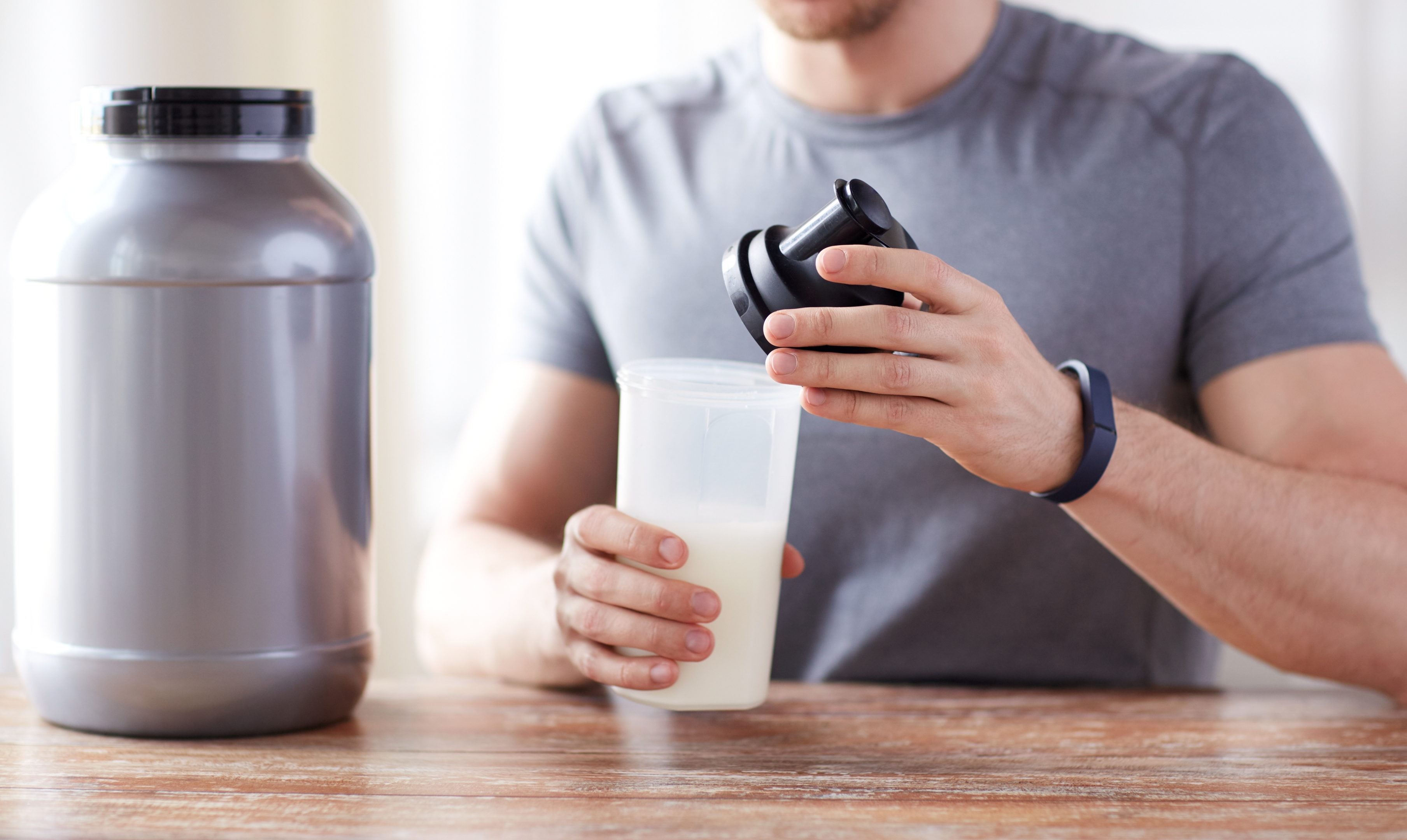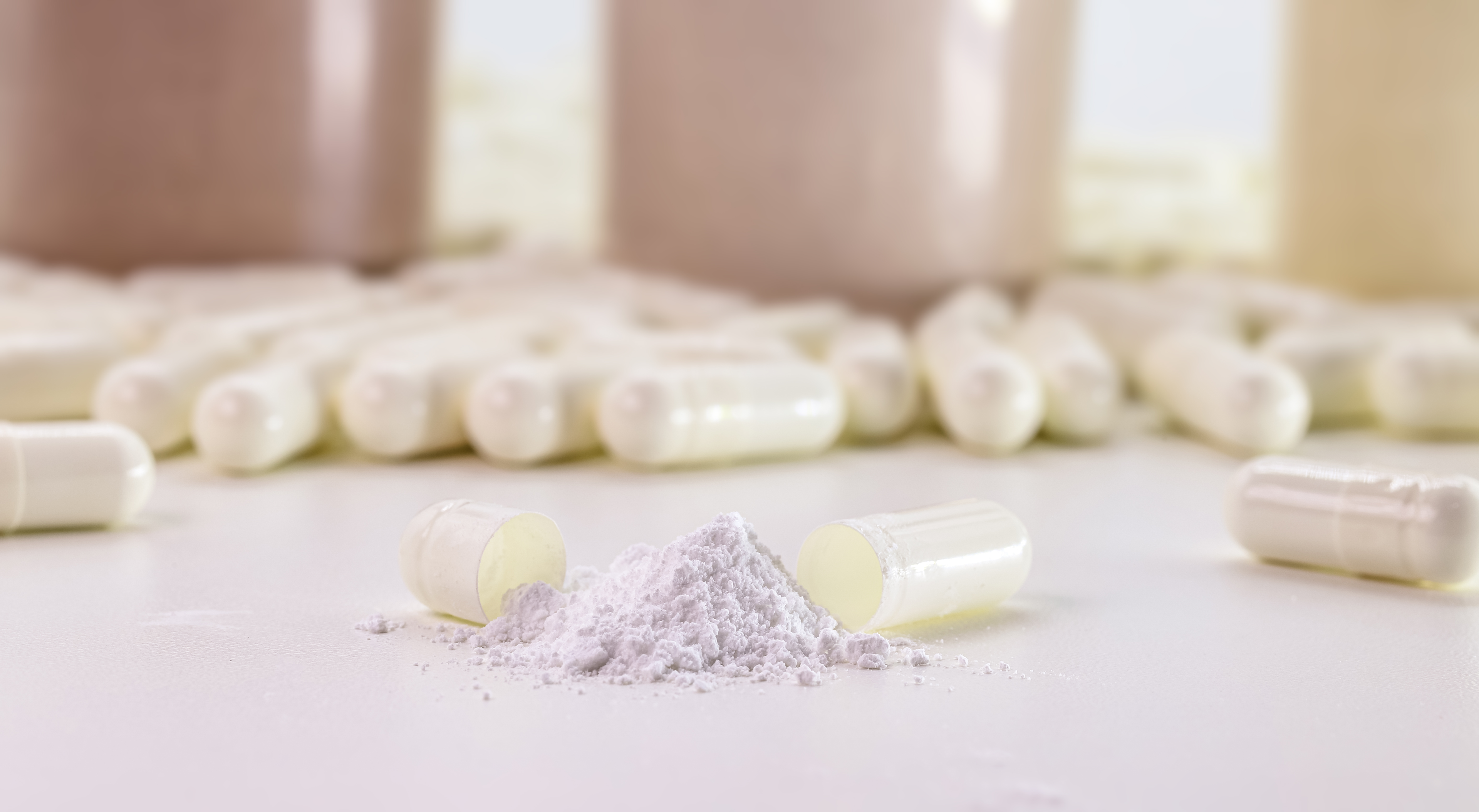Can Creatine Cause Hair Loss?



Creatine is a supplement used by athletes and bodybuilders for decades. It's also very popular among people who regular the gym because it is used to help build muscles. But one big concern with creatine is its possible effects on hair loss. So, can creatine cause hair loss? The short answer? We don't know yet!
To date, there is no scientific evidence linking this sports supplement to hair loss or hair fall. Most came from anecdotal evidence or testimonials.
Creatine is a naturally occurring substance found in meat and fish. It is also found in some vegetables, such as spinach and beets. There are different types of creatine, including monohydrate, ethyl ester, hydrochloride and others. The most common type is creatine monohydrate since it is considered the most cost-effective type and provides more physiological effects than others.
Nonetheless, a 2009 research on college-aged rugby players revealed that three weeks of creatine supplementation elevated levels of a hormone related to hair loss.
Creatine has been linked with several health benefits, including:
Increased muscle mass
Improved performance during high-intensity exercise (e.g., sprinting)
Better recovery after workouts
Enhanced brain function and memory
Patients with traumatic brain injury may also benefit.
You may have heard that creatine is enough to promote hair loss. The truth is that creatine has no direct effect on your hair. However, it can cause a spike in testosterone levels—and testosterone is converted into dihydrotestosterone (DHT), which leads to male pattern baldness. More research needs to be conducted before we know whether or not this applies to creatine users.
While creatine supplementation won't cause baldness, it can be a side effect of using the supplement. Creatine is a natural substance that your body makes to increase energy and build muscle mass. This is why it's popular with people who exercise regularly—it helps them get stronger more quickly, allowing them to lift heavier weights and gain extra muscle mass.
Athletes have been taking creatine supplements for over 20 years now, but only recently did scientists discover what exactly happens when you take these supplements: they're broken down into chemicals called guanidino acetic acid (GAA) and homocarnosine (HC). These chemicals then enter your cells, where they can help produce adenosine triphosphate (ATP), an important molecule involved in metabolism that gives our bodies fuel to burn during physical activity combined with resistance training.
As a dietary supplement, creatine is one of the groups of amino acids that are found in muscle tissue since it supplies energy to muscle cells. It helps your body produce more energy and has been shown to promote healthy hair growth.
If you are wondering if creatine can make hair grow faster, then the answer is yes! Creatine increases the amount of energy your body can produce by creating more ATP (the chemical that gives cells their energy). Since creatine allows for increased production of ATP, it should also be able to help maintain a healthy scalp and prevent hair loss.
However, if you notice a sudden patchy hair loss or hair thinning, you should seek professional medical advice immediately to determine if creatine's effect causes it. There could be a possibility that a high concentration of creatine supplement regimen might affect hair follicles.
The short answer is no. Creatine cannot cause testicular atrophy.
Testosterone, another sex hormone, is required for male sexual development and reproductive function. However, if creatine suppresses your natural testosterone levels, it could lead to reduced fertility and sexual performance, though further research is needed to back the statement.
That said, there aren't many studies to back this up because they'd require men with normal testosterone levels to take creatine supplements for weeks or months at a time—and since we all know how people love taking drugs in experiments, that's not something that's going to happen anytime soon!

Creatine may harm kidney function.
Creatine may cause muscle cramping.
Creatine may cause liver damage.
Creatine may cause weight gain.
Creatine may cause dehydration, especially if the dosage is too high for your body to use it in the bloodstream.
Creatine also increases water retention, so if you're taking creatine and drinking lots of water, you could be at risk for water intoxication (which can lead to nausea and vomiting). If you experience these symptoms while taking creatine supplements, stop taking them immediately and talk with your doctor as soon as possible!
It's not clear whether creatine causes hair loss. More research is needed to determine if this is the case and what the exact relationship may be between creatine and hair loss.
In addition to its potential beneficial effects on muscle strength and other areas of athletic performance, some bodybuilders use creatine as a supplement because it increases their overall water retention levels. However, creatine products are not regulated by the US Food and Drug Administration (FDA), so there are no guarantees about how much of each ingredient is present or in what form they take.
It’s important to remember that creatine is an amino acid supplement that is part of sports nutrition and is not meant to replace medical advice. Creatine helps develop muscle mass. However, if you experience hair loss, it is best to consult your doctor before taking any action to assess hair loss. This is also imperative for men with kidney disease.
We are now aware that creatine is naturally stored in our skeletal muscles, which is then utilized during physical activities. But high creatine levels may lead to unexpected side effects of creatine supplements.
Remember, there are still a lot of studies to be conducted to determine the effects of creatine, especially considering that it is one of the most popular dietary supplements available today.
To learn more about sports performance, see our Sports Performance Hub.
If you would like to take an online consultation to determine if a hair treatment medication is suitable for you, visit our online Hair Loss information page.










Plus get the inside scoop on our latest content and updates in our monthly newsletter.